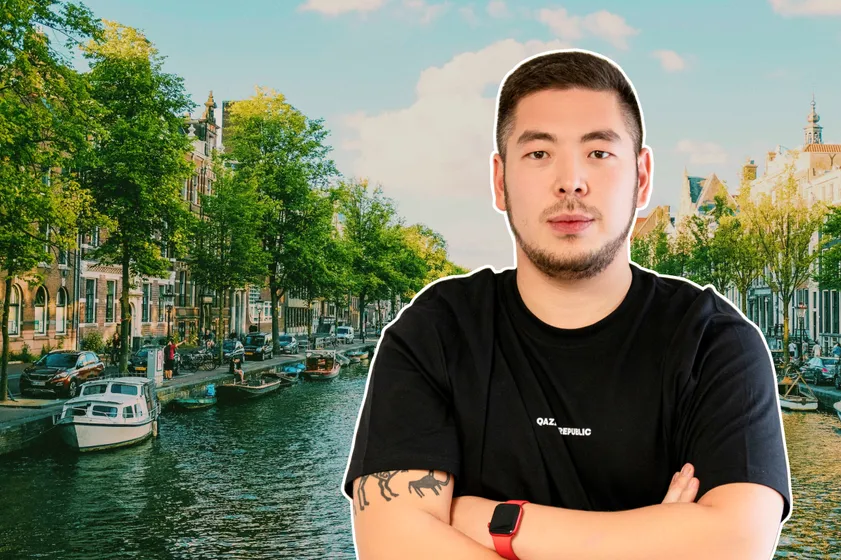Imagine launching a startup in a foreign country during your university years, forging partnerships from scratch, and securing investments amidst bureaucratic hurdles and cross-cultural challenges. This is the remarkable journey of Chingiskhan Kazakhstan, CEO and co-founder of Bondi, a startup allowing people to rent electric bikes and scooters via an app. What started as a small project with a university friend, now has turned into a successful startup that operates in Amsterdam, Hague, and Arnhem.
In an exclusive interview with QazMonitor, Chingiskhan Kazakhstan talks about his transformative journey of co-founding Bondi, sheds light on the distinctive traits of Dutch investors, and explains why they go the extra mile by booking 5-star hotels for their Chinese partners.

You launched Bondi while you were still a student. What were your first steps in creating the startup?
I always wanted to start my own company at some point in life. Back in the day, I worked at some bigger companies but did not feel the connection or that my actions resulted in anything big.
I met my co-founder on our first day of university. His name is Max, he is from the UK. We both wanted to create something. We tried many things during the university, like student association, selling different products online, from electronics, clothes to even make-up.
What we had in common with Max was that we both wanted to make an impact. We started looking at where we could make the most of it. For example, I personally hate cars. In Kazakhstan, it is impossible to get anywhere without a car. Cars are polluting, they take up a lot of space. I think cars should be a thing of the past, I don’t see them as a future transport. This is how we came to micro-mobility.
What information resources did you use when starting your business?
Nobody can really teach you when you want to start a company. You have to do it yourself and learn along the way. I read a lot, including books about entrepreneurship. I also watched a lot of videos over and over and implemented what I learned. I would recommend the Y-Combinator channel on YouTube.
Internet today gives us an amazing opportunity to be able to find and contact other like-minded individuals, founders, and talk to them. That is also the reason why I started a podcast on YouTube - I interview successful entrepreneurs and ask them questions.
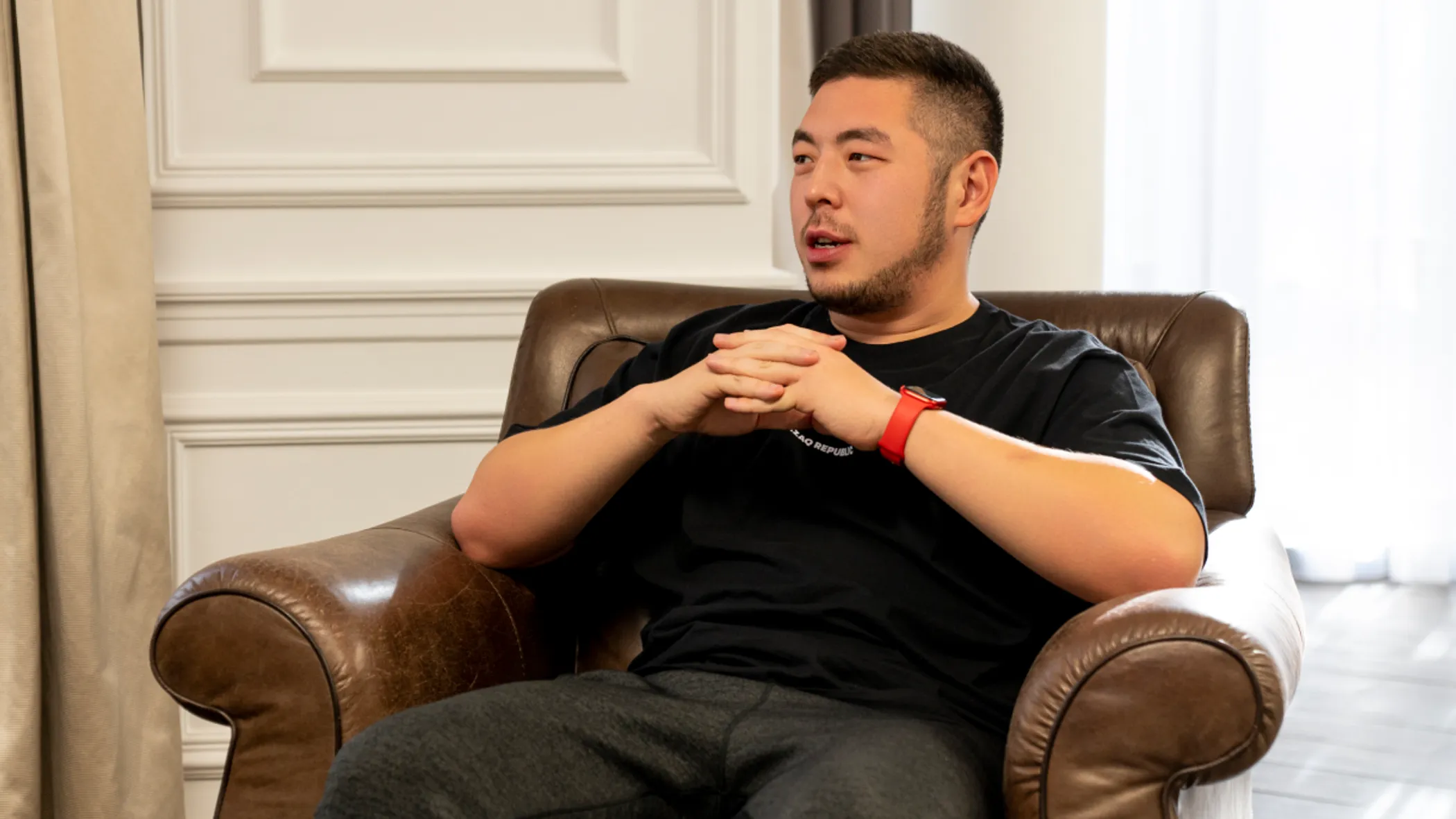
You mentioned before that initially, you recruited interested students from your university to your team; how does the recruitment process look now?
Back in the day, we'd roam the university, go to the engineering building, and simply ask people if they wanted to join us. At that time we didn’t have money to pay them so they worked for free.
We always try to make the experience fun and enjoyable. Our employees love their jobs, some of them even like staying in the office overnight or coming on the weekends. I am not lying. We truly are like a family. It really makes me happy that people enjoy working at our company.
Do you search for them on LinkedIn or do you ask for recommendations from someone?
For interns, we look not at their experience, but at their willpower and passion to do things.
For lower-level positions, we use LinkedIn to find candidates. For higher positions, we prefer experienced candidates from our or related to our industry, mostly through connections and recommendations.
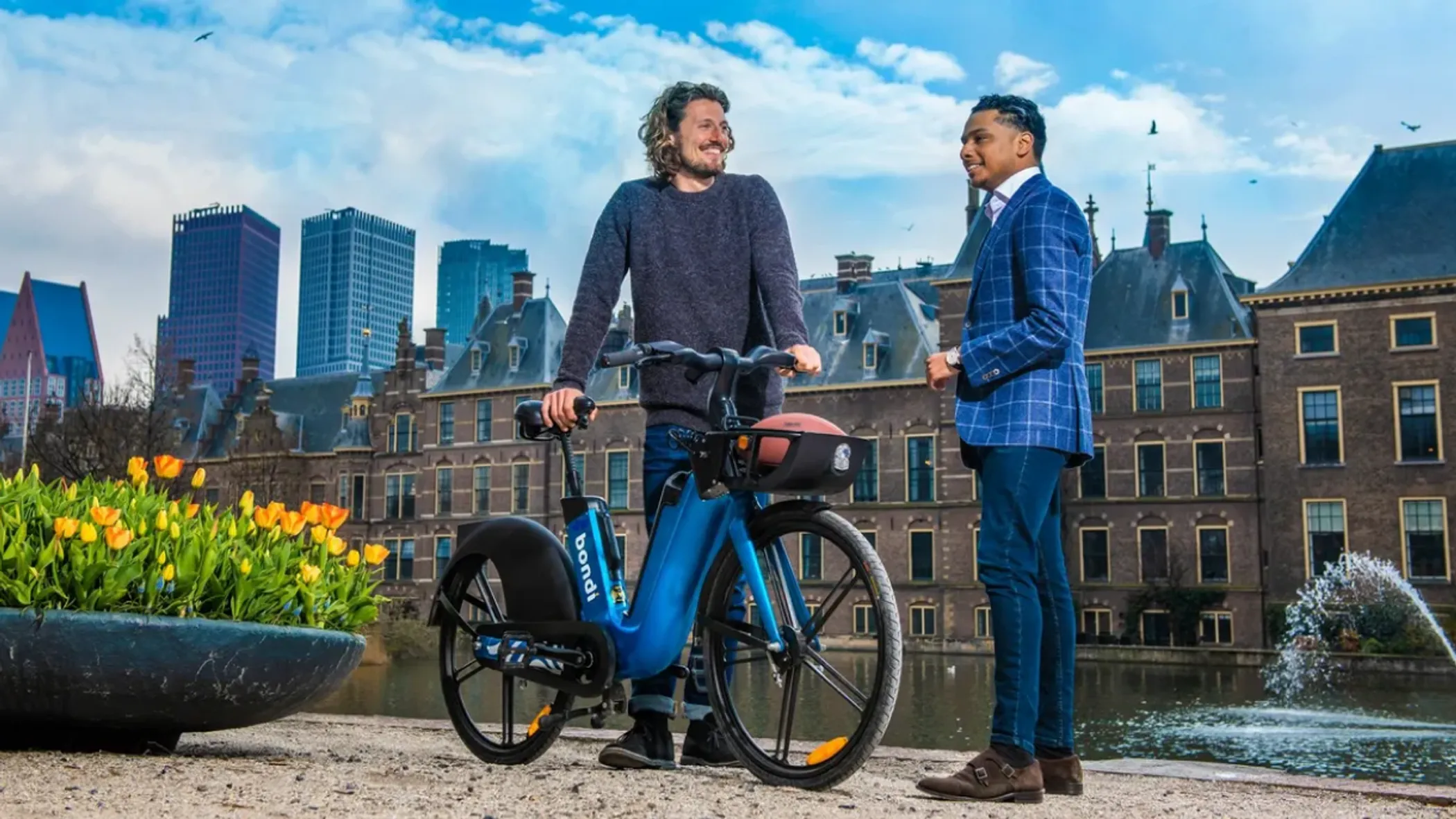
You mentioned your co-founder, Max Schalow. How do you lead the team together? Tell us about your leadership styles.
We have the ‘good cop bad cop’ situation going on. I am always the bad guy, my job is to bring bad news to people. And Max is the guy people come to with problems because he is nice to them. We discuss everything with each other and make decisions together, we make a great team.
I am very extroverted, impulsive, I look at the big picture. Max is systematic and keeps things in order, so I think it's a perfect combination and we can easily split activities between us two.
How did you attract private investments?
I think, in the case of the first investor, it was a match of characters; the vibe kind of matched. It was funny when he asked, 'How much money are you asking for?' When we told him the amount, he laughed and said, 'That is not enough; you need to double that, guys.’
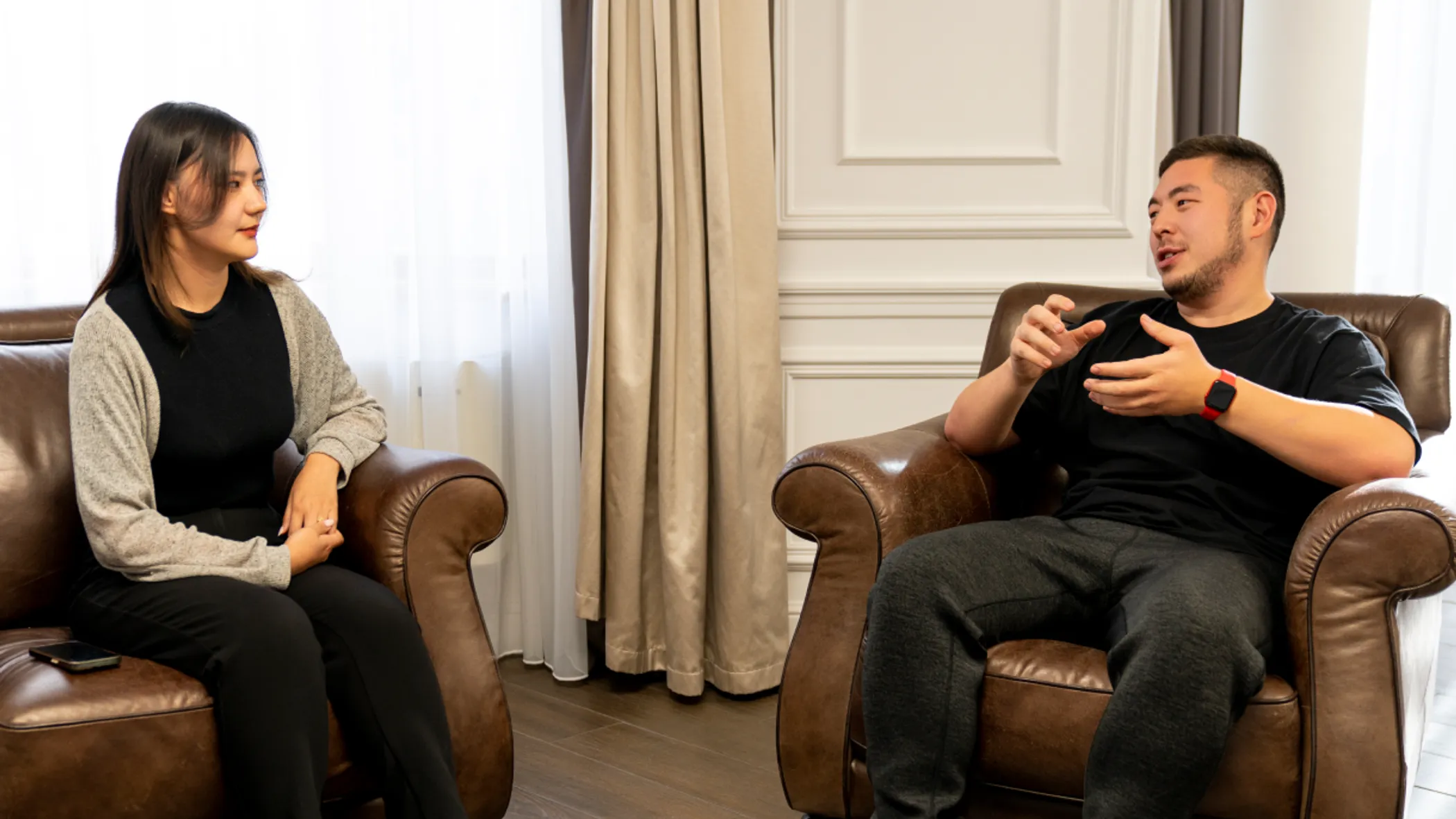
What do you think are the unique characteristics of Dutch investors?
They are very conservative and more old school. You need to be able to convince them of the future of the idea that you believe in and the opportunities that you can make happen.
In your opinion, what are the main advantages of launching a startup in the Netherlands? Did the business ecosystem there help you in any way?
I think it is great and people in the Netherlands are quite open and easy-going with each other, always willing to help. It is also very convenient that everyone speaks English besides Dutch. As for the ecosystem, I think the country does want to have the number of businesses growing, so if you decide to do a startup, you can get assistance from the government. It is still miles away from what is happening in the US, but I think it is a good starting point for startups to start doing things there.
What challenges, be it cultural differences or bureaucracy, do you face while running a startup abroad?
I think bureaucracy is a very big one. Everything is done by book there, every single rule must be followed accordingly. For example, we applied for some permit three years ago and we are still waiting. In a way, they are ready to say “Let’s do it”, but only if it follows every rule, so it is kind of a clash there. But it is the same for everyone. You cannot use your connections. There are a lot of regulations that we all have to follow equally.
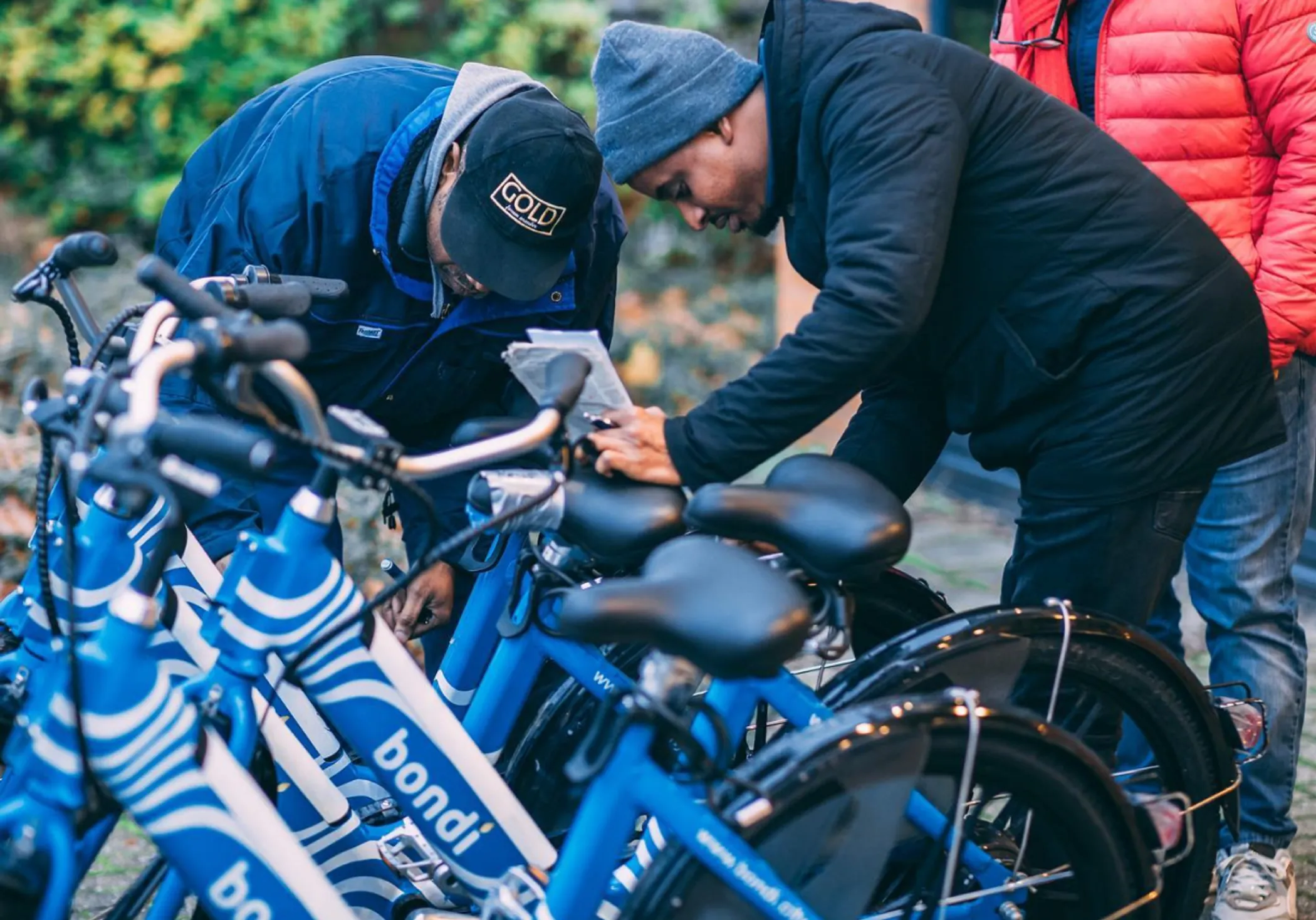
What is it like doing business in the Netherlands? Here in Kazakhstan, we have accelerators, programs, and hubs for startup development. But let's say I am an entrepreneur in the Netherlands with a small team; how can I develop my startup? What steps should I take?
We also have accelerators, but it is not really my cup of tea. Often, people who teach in these accelerators do not have practical experience, they never had a startup. They would also try to get a big chunk of your startup in the beginning by, like, providing a free office. And at the start, if you say “Oh! A free office for 10%, sure,” that already kills you.
I think the models should be a little different. All the people in incubators and accelerators should be those who are passionate and knowledgeable about these things.
But anyway, you can do everything yourself. For example, find and contact existing founders and like-minded partners. Some people say they need accelerators to motivate themselves to work, I heard this a lot, and I think it is an excuse. In this case, you should rethink, and maybe doing a startup is not for you. Because if you are really passionate, you can find all the needed tools on your own, build yourself as a founder, and figure out everything yourself. It is not easy, but there is no magic potion, you have to grind for it.
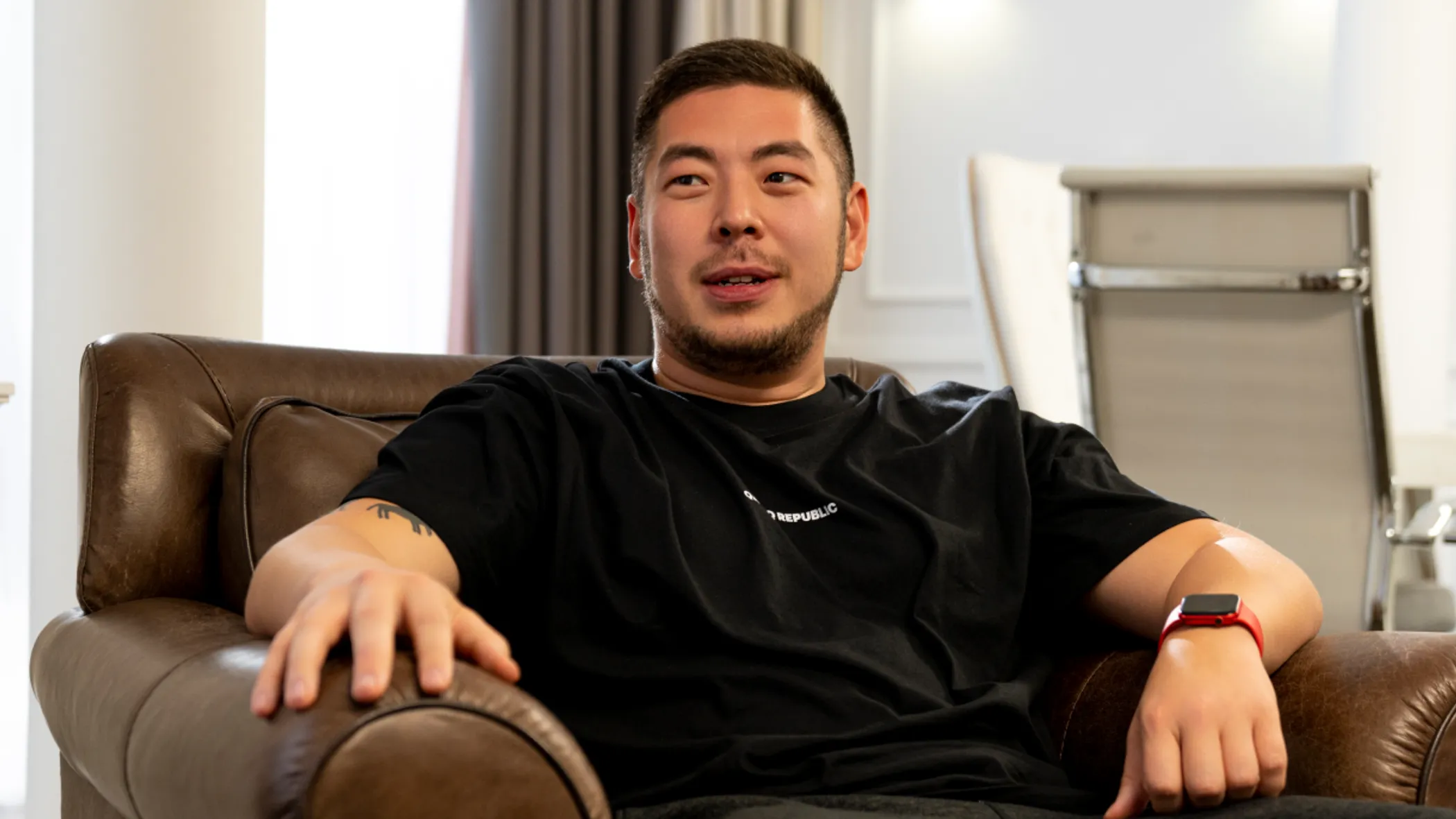
What is the main difference between startups in Kazakhstan and the Netherlands?
When you come to the Netherlands as a non-Dutch person, you may find that some things may come across as rude. But then you realize that they just do not like fooling around and wasting time.
After living in the Netherlands for several years, I just love it. For example, an average business call lasts five minutes, and then bye. In Kazakhstan, you would probably meet for a business dinner or lunch, a lot of talking and hospitality, and then get to the business. I guess it takes more time, but it is also more personal, while [in the Netherlands] it is colder.
You have to learn to do business considering the cultural differences of all parties. For example, we have suppliers from China, and whenever they come to the Netherlands, we only book 5-star hotels for them and everything has to be upscale. If you are a founder and you are working internationally, you need to learn and adapt to the culture.
While opening a business, were there any issues with being a foreign national?
A foreign national absolutely can open a business there. Even without a visa, you can reach out to them and explain that you want to open a startup in the Netherlands, and they will help you with the visa and everything. I have a startup visa myself too. The Dutch are simply nice people and are always ready to help with such things.
